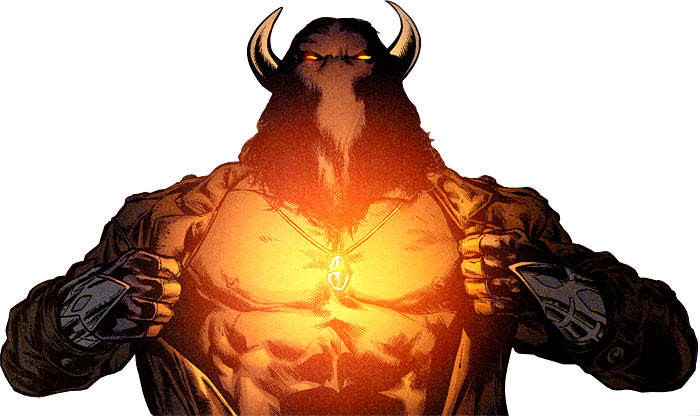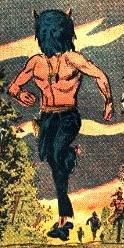
 DC has just revived Super-Chief. As this snippet adapted from Wikipedia explains:
DC has just revived Super-Chief. As this snippet adapted from Wikipedia explains:

 DC has just revived Super-Chief. As this snippet adapted from Wikipedia explains:
DC has just revived Super-Chief. As this snippet adapted from Wikipedia explains:
Super-Chief may be the first Indian superhero of the Silver Age. His primacy is debatable because he existed in a Western comic, a separate historical reality. In any case, he was a short-lived character who didn't have much impact and was soon forgotten.
The new Super-Chief is the one likely to last. And he embodies a whole host of clichés and stereotypes. First consider the man:
This is Indian-superhero creating by the numbers, without a hint of originality. About the only twist is that the grandfather is as angry as Jon is, and he asks Jon to put him out of his misery.
As a superhero, Super-Chief has a couple more problems:
In short, this is an interesting but flawed revival of a 45-year-old character. Unless Super-Chief is written with more knowledge and creativity in the future, he's bound to be stereotypical.
More on Super-Chief
ALL-STAR WESTERN #117
Related links
More on Super-Chief
Comic books featuring Indians
|
. . . |

|
All material © copyright its original owners, except where noted.
Original text and pictures © copyright 2007 by Robert Schmidt.
Copyrighted material is posted under the Fair Use provision of the Copyright Act,
which allows copying for nonprofit educational uses including criticism and commentary.
Comments sent to the publisher become the property of Blue Corn Comics
and may be used in other postings without permission.